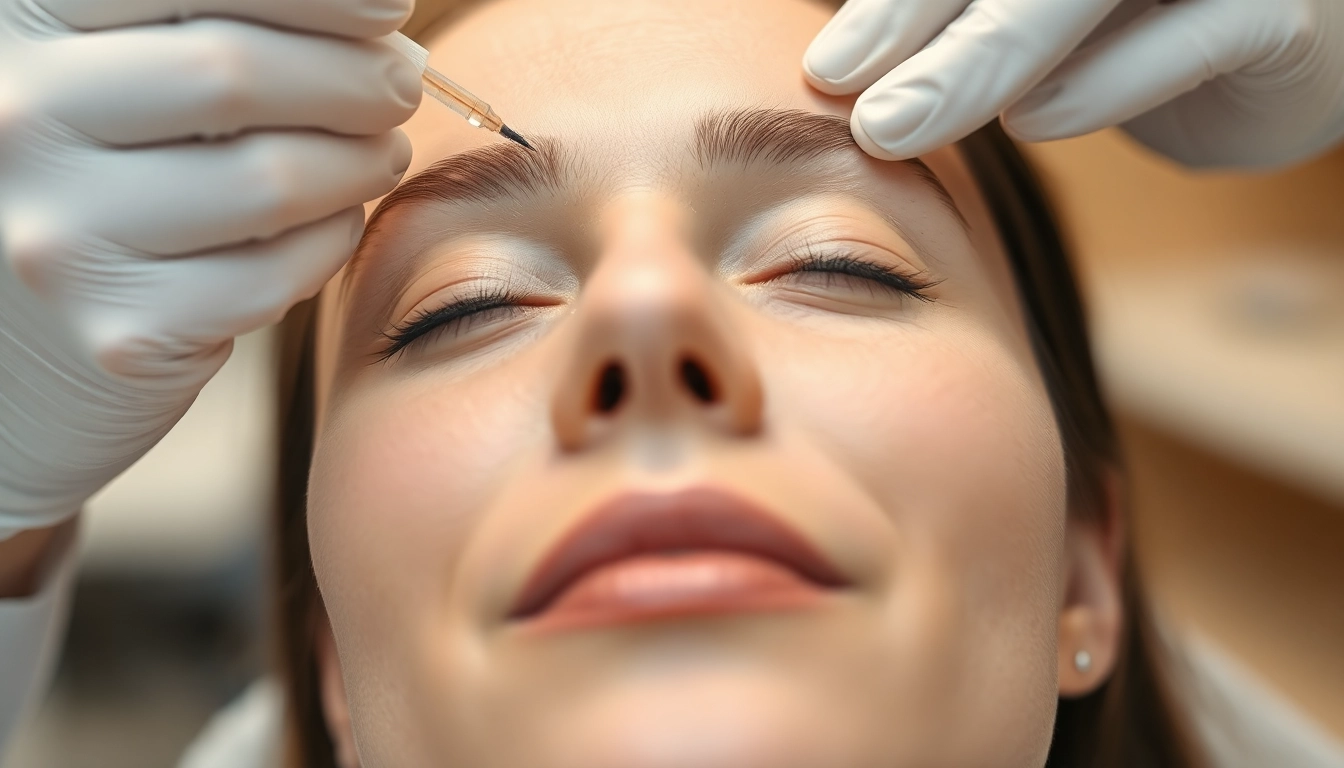Understanding Alcoholism: Causes, Symptoms, and Risks
Alcoholism, also known as alcohol use disorder (AUD), is a complex chronic disease characterized by an inability to control or stop alcohol consumption despite harmful consequences. It affects millions worldwide and is a significant public health concern, especially in densely populated urban centers like Kyiv, Ukraine. According to recent studies by the Kyiv International Institute of Sociology, approximately 26.5% of the population struggles with some degree of problematic drinking, highlighting the pressing need for effective treatment and rehabilitation options. Recognizing the underlying causes, symptoms, and risks associated with alcoholism is essential for early intervention and successful recovery.
Understanding the multifaceted nature of alcohol dependence involves examining psychological, social, and physiological factors. Psychological influences include genetic predispositions, mental health conditions such as depression or anxiety, and past traumatic experiences. Social factors encompass peer pressure, cultural norms, and familial environment, which contribute to the development and perpetuation of alcohol dependence. Physiologically, prolonged alcohol abuse alters brain chemistry, reinforcing addictive behaviors and making cessation challenging.
For those seeking help, exploring effective approaches such as treatment for alcoholism is crucial. This comprehensive guide will delve into proven treatment methods, special considerations for different demographic groups, and how to choose the right rehabilitation center in Kyiv.
Proven Methods for Treatment of Alcoholism
Rehabilitation and Social Reintegration Techniques
Rehabilitation is a cornerstone of lasting recovery from alcohol dependence. Its primary goal is to restore not only physical health but also social skills and psychological stability. Social reintegration entails helping individuals rebuild relationships, regain employment, and adapt to a sober lifestyle. Effective rehabilitation combines medical detoxification, psychotherapeutic interventions, and social support systems.
The role of social reintegration is often underestimated but is essential for preventing relapse. Programs are designed to teach coping strategies, social skills, and life management skills that enable individuals to handle everyday challenges without resorting to alcohol. Community-based support groups, vocational training, and family therapy are integral components of this holistic approach.
Therapeutic Approaches: Cognitive Behavioral Therapy & Motivational Interviewing
Cognitive Behavioral Therapy (CBT) is widely recognized for its efficacy in addressing the psychological roots of alcoholism. By helping patients identify and modify negative thought patterns, CBT empowers individuals to develop healthier responses to stress and cravings. Techniques include thought restructuring, behavioral experiments, and skill-building exercises tailored to each patient’s needs.
Motivational Interviewing (MI), on the other hand, focuses on enhancing intrinsic motivation for change. This client-centered approach involves empathetic dialogue that explores ambivalence and reinforces commitment to sobriety. Both methodologies are often used concurrently in treatment centers like the Rehabilitative Center “Troitzy,” where highly qualified specialists craft personalized treatment plans.
Medication-Assisted Treatment Options: Medications and Their Effectiveness
Medications can significantly support recovery efforts by reducing cravings and preventing relapse. The most commonly prescribed drugs include disulfiram, naltrexone, and acamprosate, all approved by international health authorities and utilized in leading treatment facilities. Disulfiram creates adverse reactions when alcohol is consumed, serving as a deterrent. Naltrexone blocks the euphoric effects of alcohol, diminishing its reinforcing properties. Acamprosate stabilizes brain chemistry, helping patients maintain abstinence.
Medications are often combined with psychotherapeutic approaches for optimal results. In Kyiv, modern clinics adhere to international standards, integrating medication management with comprehensive therapy to ensure holistic care.
The 12 Steps Program: A Globally Recognized Method
Core Principles and Implementation in Kyiv Centers
The 12-step model, originating from Alcoholics Anonymous (AA) in the United States, remains one of the most effective and widely implemented treatment frameworks globally, including in Kyiv. This method emphasizes honesty, acceptance, and support, guiding individuals through a structured process of self-awareness and accountability. The program’s core principles include admitting powerlessness over alcohol, making amends for past wrongs, and maintaining lifelong commitment to sobriety.
Implementation at centers like the Rehabilitative Center “Troitzy” involves group discussions, individual counseling, and ongoing participation in mutual support meetings. The program’s flexibility allows it to be adapted for diverse populations, including women and men, addressing specific psychological and social factors unique to each group.
Benefits of Group Support and Personal Accountability
Group support creates a safe environment where individuals share experiences, setbacks, and successes, fostering a sense of community and understanding. Personal accountability, reinforced through the 12 steps, encourages continuous self-evaluation and growth. Many recoverees report that ongoing participation in support groups significantly reduces the risk of relapse and provides lifelong motivation.
Success Rates and Personal Stories of Recovery
While success varies based on individual circumstances, structured programs backed by community support boast high long-term retention rates. Personal stories from Kyiv’s recovery community highlight profound transformations—former dependents who now lead sober, productive lives—demonstrating the tangible efficacy of the 12-step approach when combined with medical and psychological support.
Specialized Treatment for Women and Men
Addressing Unique Psychological and Biological Needs of Women
The treatment of female alcoholism requires addressing specific psychological and social factors. Women often commence alcohol use in response to personal trauma, loss, or emotional distress—emotional triggers that are more prominent compared to men. Moreover, biological differences can accelerate the development of dependency and alter responses to treatment.
At the Rehabilitative Center “Troitzy,” women receive tailored treatment plans that incorporate deep psychotherapeutic work, often emphasizing trauma resolution, self-esteem building, and coping strategies. Because women tend to conceal their issues and are more susceptible to social stigma, confidentiality and a supportive environment are critical components of effective treatment.
Male-Specific Strategies and Support Systems
Men often face societal pressures that discourage admitting vulnerability, making their path to recovery more challenging. Additionally, the higher prevalence of alcohol dependence in men necessitates targeted approaches, including peer support networks led by recovered individuals, motivational interventions emphasizing responsibility and independence, and strategies addressing cultural attitudes towards masculinity and drinking.
How Tailored Approaches Improve Outcomes
Customized treatment enhances engagement, reduces dropout rates, and increases long-term sobriety. Recognizing the distinct needs of each gender ensures that psychological, social, and biological nuances are adequately addressed, leading to higher success rates and a better quality of life post-recovery.
Choosing a Reputable Treatment Center in Kyiv
Criteria for Selecting an Effective Rehabilitation Facility
When seeking treatment for alcoholism, selecting a reputable facility is paramount. Key criteria include accreditation, qualified staff (psychiatrists, psychologists, and addiction specialists), evidence-based treatment protocols, and comprehensive aftercare programs. Centers like “Troitzy” distinguish themselves by integrating international standards with localized expertise, providing multidisciplinary care tailored to individual needs.
Privacy, Confidentiality, and Anonymity Guarantees
Given the societal stigma surrounding alcoholism, guarantees of privacy and confidentiality are essential. Leading centers uphold strict privacy policies, offering anonymous treatment options—an important factor for many patients to feel safe and secure in their recovery journey.
How the Center Supports Long-term Sobriety and Reintegration
Beyond initial treatment, the center emphasizes ongoing support, including group meetings, vocational rehabilitation, and family counseling. Long-term success is measured by sustained sobriety, social adjustment, and improved psychological well-being. Through continuous engagement and personalized care, centers like “Troitzy” aim to empower individuals to lead fulfilling, sober lives.



